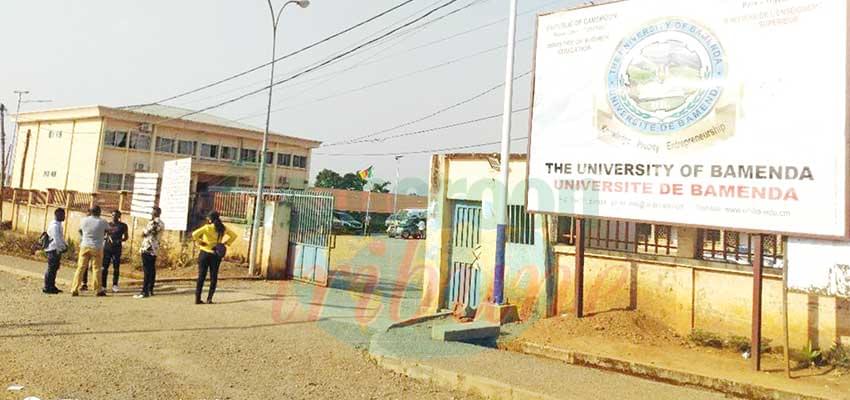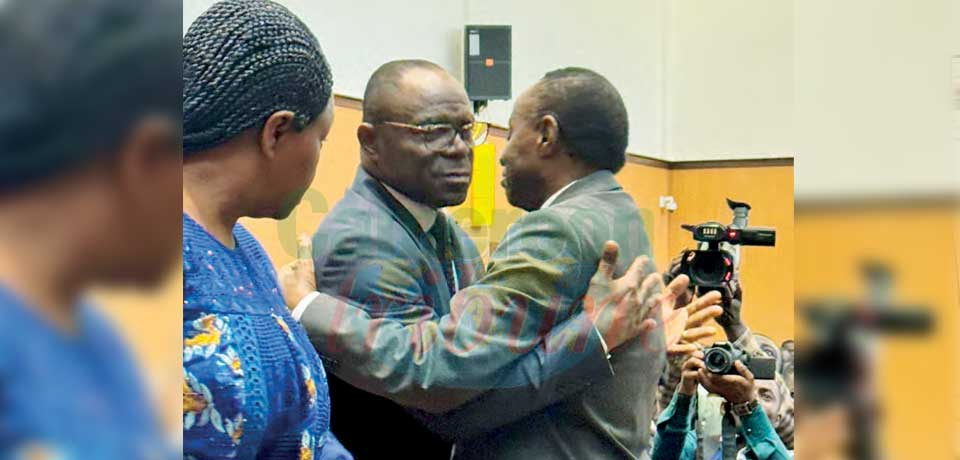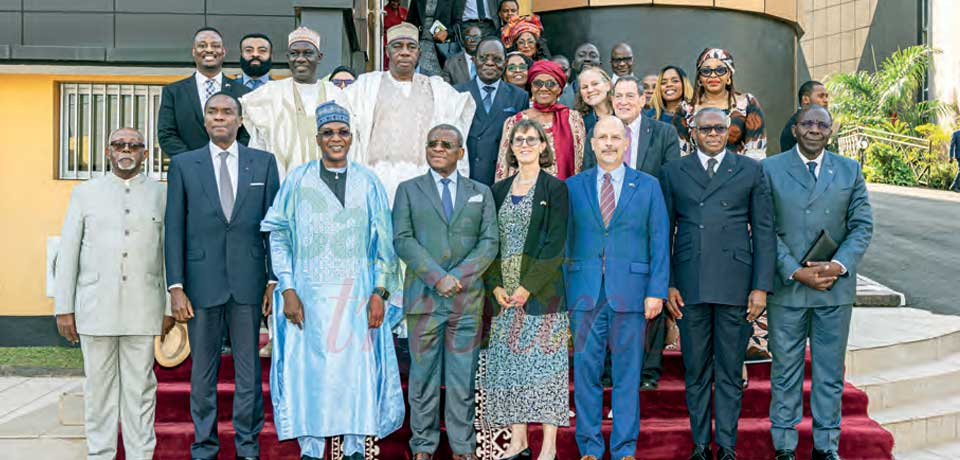University of Bamenda : Promoting Anglo-Saxon Culture Through Teaching
- Par Jator Christopher
- 13 Jan 2020 11:10
- 0 Likes

A sound and world class university system in place in UBa ensures quality assurance, excellence and principles that reflect the bilingual nature of the country.
The University of Bamenda, UBa, as a public institution created just a decade ago, prides itself not only as the largest State university because it has the highest number of establishments among all the State universities, but also because it is one of two Anglo-Saxon universities in Cameroon that strongly demonstrates government efforts to promote the Anglophone culture.
The Charter of UBa requires that it develops its training programme open to all Cameroonians and citizens of other countries who desire to study in a system of education organised along an Anglo-Saxon tradition. In line with this, English is the language of instruction, and considering that students are within a bilingual context, that edifies the bilingualism in Cameroon by having institutions that can use one of the national languages as a primordial language of instruction. In this light, UBa also has programmes in bilingual training. “We have programmes that run bilingual training; for example, Bilingual Letters in the Higher Teachers Training College, ENS. So, speaking French in our campus is not a taboo as people may misrepresent the Anglo-Saxon nature of the University of Bamenda. We are also planning to have language training this year, especially to elevate the ability of our colleagues who don’t express themselves well in English to such a point. At the same time, it will also benefit some of our colleagues who will definitely want to improve their ability to express themselves in the French language,” Prof Emmanuel Suh Cheo, Deputy Vice Chancellor in Charge of Teaching, Professionalisation and Implementation of New Technologies and Information and Communication Technologies, told CT over the weekend.
Secondly, it is UBa’s tradition since its creation on December 14, 2010, to ensure that everything that is done starts from the grassroots, so every programme of the University in these 12 Faculties and Schools commences from the department. He underscored that there is no decision, academic in nature, that is goes from the Vice-Chancellor’s office, it builds from the base up. The bottom-up approach in pedagogy is a typical approach that is high...
Cet article complet est réservé aux abonnés
Déjà abonné ? Identifiez-vous >
Accédez en illimité à Cameroon Tribune Digital à partir de 26250 FCFA
Je M'abonne1 minute suffit pour vous abonner à Cameroon Tribune Digital !
- Votre numéro spécial cameroon-tribune en version numérique
- Des encarts
- Des appels d'offres exclusives
- D'avant-première (accès 24h avant la publication)
- Des éditions consultables sur tous supports (smartphone, tablettes, PC)














Commentaires